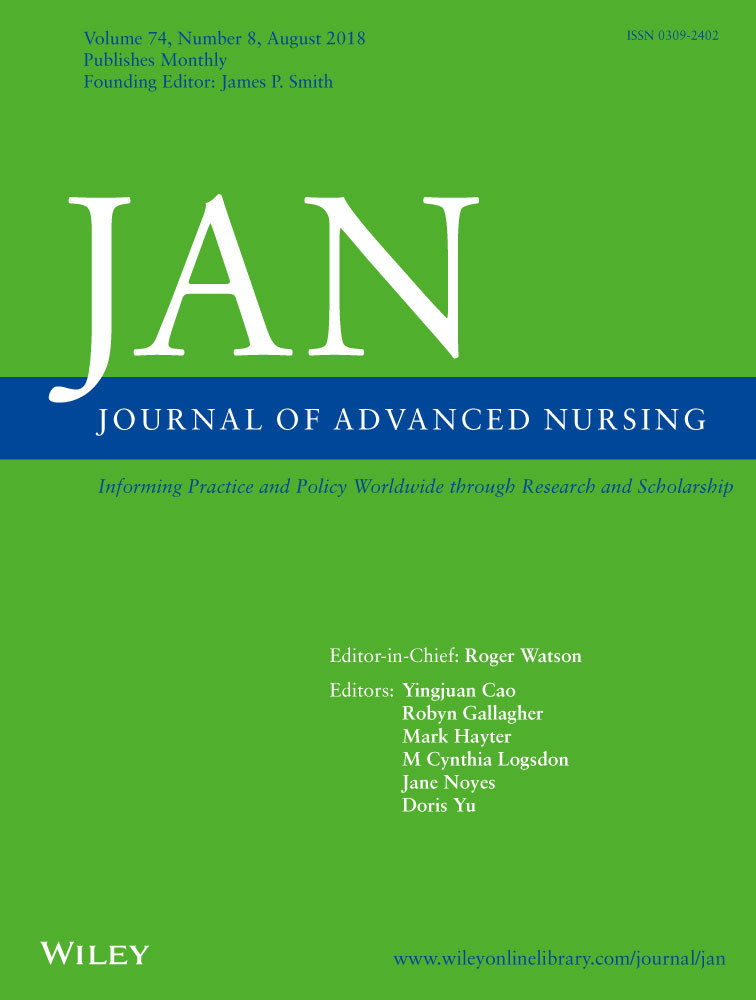Undergraduate nursing assistant employment in aged care has benefits for new graduates
Abstract
Aims
To determine how undergraduate assistant in nursing employment in aged care helps to prepare new graduates for clinical work as a Registered Nurse.
Background
The amount and quality of clinical experience afforded by university programs has been the subject of constant debate in the nursing profession. New graduate nurses are often deemed inadequately prepared for clinical practice and so many nursing students seek employment as assistants in nursing whilst studying to increase their clinical experience.
Design
This paper presents the first phase of a larger mixed-methods study to explore whether undergraduate assistant in nursing employment in aged care prepares new graduate nurses for the clinical work environment. The first phase involved the collection of quantitative data from a modified Preparation for Clinical Practice survey, which contained 50-scaled items relating to nursing practice.
Methods
Ethics approval was obtained prior to commencing data collection. New graduate nurses who were previously employed as assistants in nursing in aged care and had at least 3 months’ experience as a Registered Nurse, were invited to complete the survey. Social media and professional networks were used to distribute the survey between March 2015 – May 2016 and again in January 2017—February 2017. Purposeful and snowballing sampling methods using social media and nursing networks were used to collect survey responses. Data were analysed using principal components analysis.
Results
110 completed surveys were returned. Principal components analysis revealed four underlying constructs (components) of undergraduate assistant in nursing employment in aged care. These were emotional literacy (component 1), clinical skills (component 2), managing complex patient care (component 3) and health promotion (component 4).
Conclusion
The four extracted components reflect the development of core nursing skills that transcend that of technical skills and includes the ability to situate oneself as a nurse in the care of an individual and in a healthcare team.




